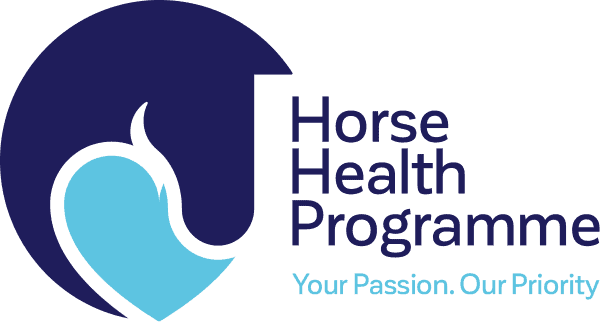Colic – How to recognise it and what to do
Colic is a term used to describe abdominal pain and can vary from being mild and short lived to severe and life threatening. Colic symptoms usually indicate a problem with the gastrointestinal system, however other abdominal organs such as liver, kidneys, spleen or urogenital tract can be involved.
Why is colic so common in horses?
Whilst the management and feeding of horses has evolved, the intestinal system of the domesticated horse has not, and consequently horses are prone to digestive upset. Horses are designed to be constantly on the move and graze as they go along. This allows them to eat large quantities of low energy feed for up to 16 hours a day.
What can you do to minimise the risk of your horse developing colic?
Studies have shown that colic has many contributing causes. Some are preventable such as parasite control and providing regular dental care. Other risk factors are less easily controlled but by identifying certain horses as high risk individuals vets can assist owners. Horses which have colicked previously are also at greater risk of future colic episodes.
Minimising colic risks:
- Ensure a constant supply of fresh water
- Keep your horses feeding routines consistent
- Introduce dietary changes gradually over a 2-3 week period
- Maintain consistent turnout routines where possible
- Ration lush spring grass – treat this as a diet change to your horse
- If box-rest is required due to injury, water & food intake and faecal output should be carefully monitored and water intake increased. Soaking hay and making feeds a broth-like consistency can help to keep the guts moving
- Set a regular exercise programme
- Regular faecal worm eg counts and worming, as required, to keep gastrointestinal parasites at a low level
- Regular dental care which should be performed at least every 12 months by a veterinary surgeon or suitably qualified dental technician.
How to recognise colic in your horse?
Recognising a horse with colic is not always straightforward. Clinical signs of colic vary greatly depending on the nature of the problem and also on the individual itself.
The list of commonly seen signs of colic may include one or several of the following:
- Pawing at the ground
- Flank watching
- Kicking at belly
- Rolling
- Getting up and down
- Sweating
- Teeth grinding
- Depression.
The horse that is constantly rolling and sweating up is an obvious example. However, the horse that is depressed and off feed, and perhaps occasionally grinding teeth or lying down is far less obvious. It goes without saying that if you have a horse with colic then call your vet straight away. Even if the colic is very mild, or you are not sure if the horse is colicking, it is better to call your vet as soon as possible. Your vet can then give you telephone advice and make their way to you if a visit is required. If in any doubt, horses with colic are always better to be seen sooner rather than later.





